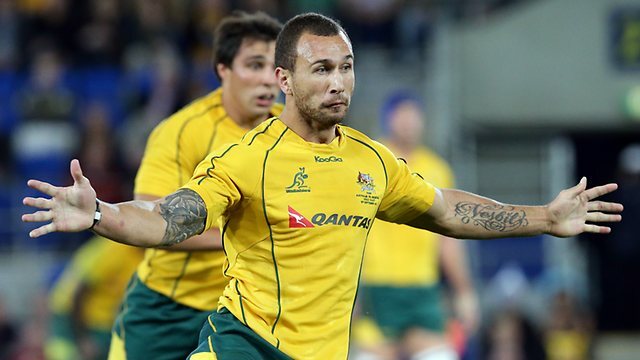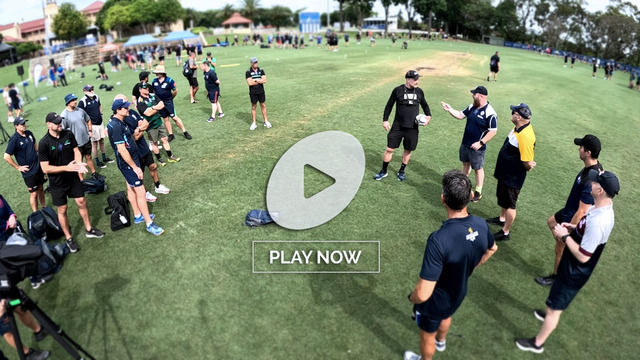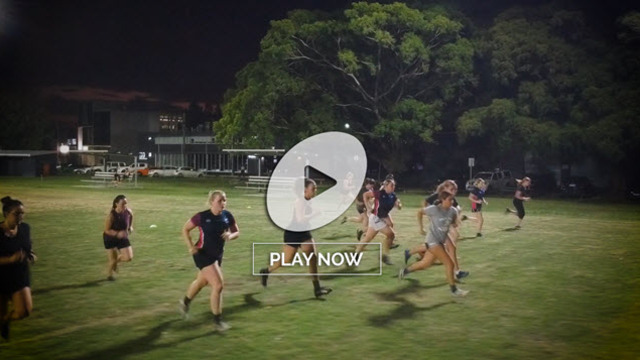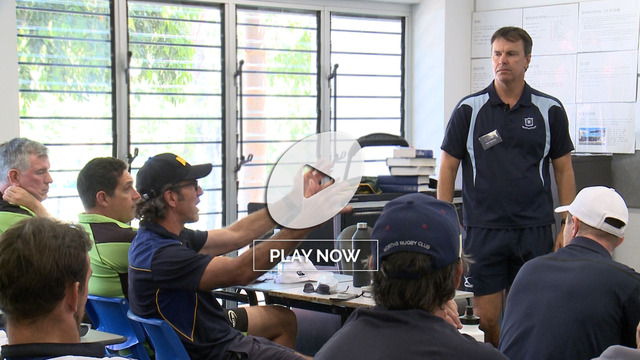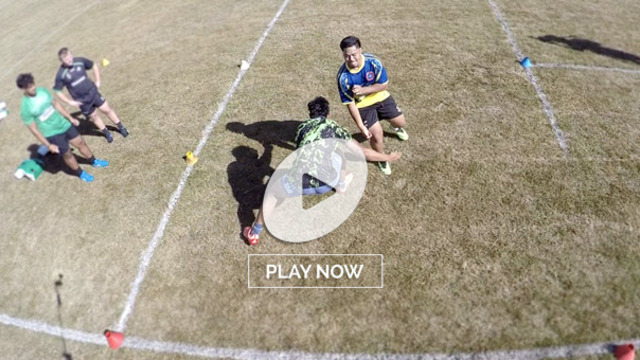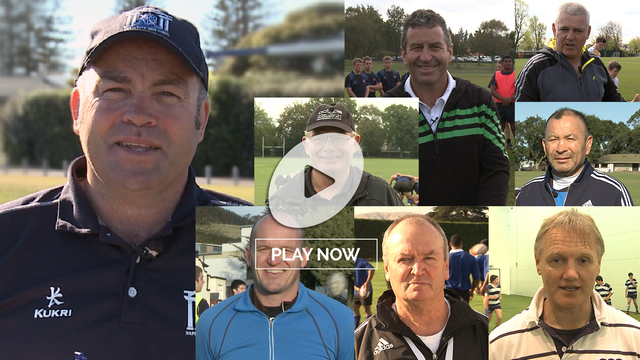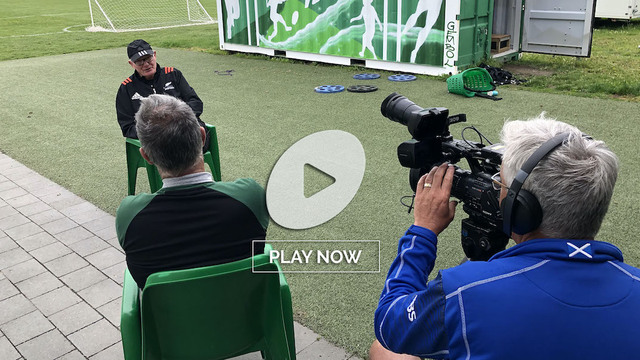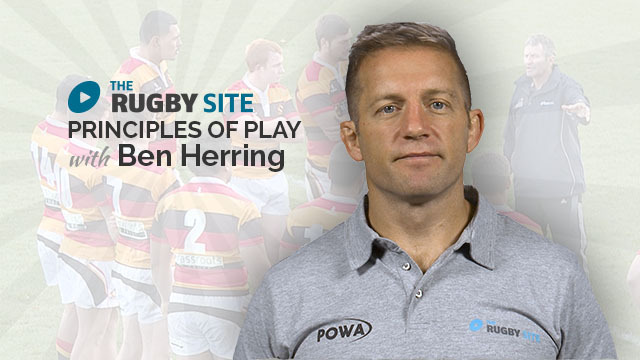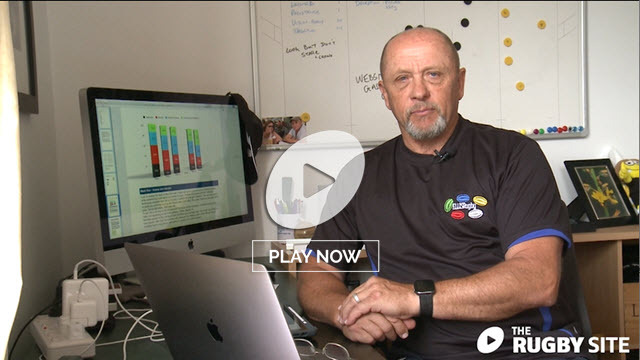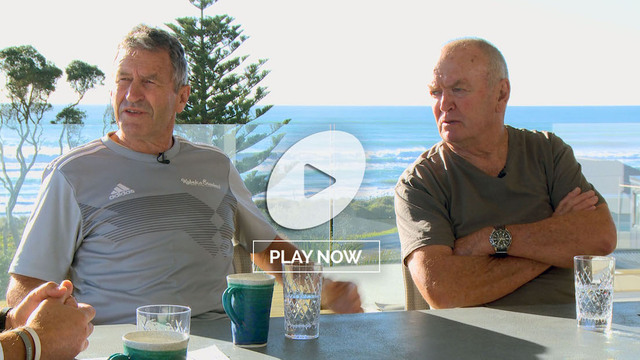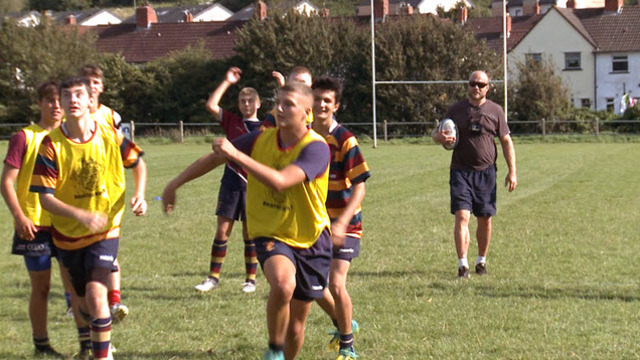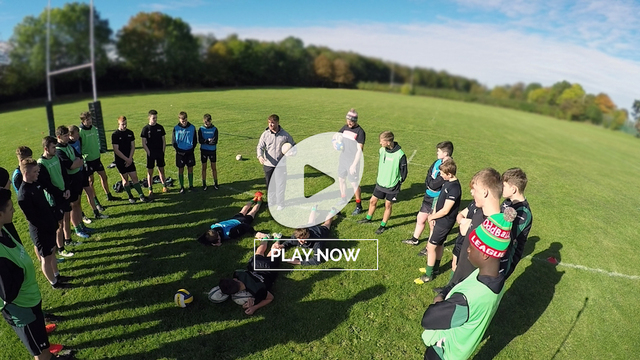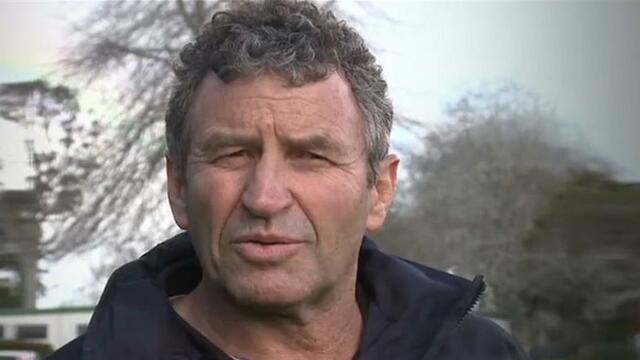Quade Cooper provided one of the best individual performances of the weekend as Australia swept to victory against Ireland in Dublin on Saturday night. It was the latest in a line of increasingly impressive displays from the 25-year-old, whose confidence is soaring at the moment. That is largely down to the backing he has received from Wallabies coach Ewen McKenzie.
The New Zealand-born outhalf has always had phenomenal skills, but there has rarely been a consensus that he is the man to dictate play at international level. Former Australia coach Robbie Deans often focused on the weaknesses in Cooper’s game, the things he felt the Reds playmaker needed to improve if he was to consistently dominate games.
Deans’ approach was all wrong. He concentrated negatively on Cooper’s ability, repeatedly highlighting his weak points in the media and saying why he felt Cooper wasn’t a complete out-half. Not that Deans had any obligation to mollycoddle his players. These are professionals who must be pushed to exacting standards, but a lot of that can be done privately.
Certainly, there is a time and place for criticising one’s players publicly, but to do so repeatedly can have the opposite effect of the intended incitement to improve. Deans’ approach to dealing with Cooper clearly didn’t work and their relationship ended badly. That was the Wallabies loss, as Cooper has so much to offer for them.
McKenzie’s attitude, publicly at least, has been in utter contrast. From the beginning of their relationship, the Melbourne-born coach has been an advocate of the attacking ability Cooper brings to any team he plays in. McKenzie partly built his Queensland Reds team around the flair that Cooper possesses, the passing range he provides.
While he has of course chided Cooper in the media, it has always been balanced by praise and recognition of the out-half’s playing ability. McKenzie is a fascinating coach, a man who clearly thinks about the game deeply. He is not afraid to assert that rugby is in part about entertaining supporters, exciting the people who come to games and watch on television.
The 48-year-old claims that is one of the reasons he likes having Cooper in his team: “I think it suits the Australian culture. I want people to go to the games and be excited, not just go there and know what they’ll see.”
It’s an interesting philosophy for an international coach, but a hugely refreshing one. Alongside his desire to excite Wallabies fans, McKenzie believes that Cooper gives him the best chance of winning.
When the former Reds chief brought Cooper back into the Wallabies fold, he highlighted the fact that the myth surrounding the playmaker’s tackling ability was exactly that. He pointed out that Cooper’s completion rate in the tackle was around the 80% mark and that the 25-year-old challenged the opposition defence like no one else in his position.
McKenzie publicly focuses on the positive aspects of Cooper’s game: “He’s a bit of an enigma, he plays the game differently to other people. Some people don’t like that, but I quite like that.”
This is exactly the attitude that is bringing out the best in Cooper’s ability for Australia and is has been fascinating to see how different approaches from different coaches can have such an effect on an individual player.
Truthfully, Deans and Cooper just weren’t compatible. The former Wallabies coach’s game plan didn’t appeal to Cooper, and the mercurial outhalf didn’t fit in with Deans’ game plan. The Reds player’s infamous labeling of the Wallabies’ set-up as “toxic” was the clearest indicator that the relationship simply wouldn’t work. Cooper is certainly not blameless in that fact.
Are there simply instances in which a player and coach aren’t going to work well together? Even beyond personality clashes, do some players just not have a place in how a particular coach wants his team to play? Not utilizing a man of Cooper’s abilities seems like a waste, but maybe there was just no way Deans and Cooper were going to work well together in the long-term.
McKenzie’s preferred style of play is ideally suited to the vision, passing ability and flair that make Cooper the player he is. The pair have enjoyed success together at the Reds in Super Rugby and the signs with Australia are increasingly promising. These are still early days and the Wallabies are certainly an inconsistent team. However, Cooper’s good form has been something of a constant.
The most telling sign of all is that the outhalf is keeping his head down through it all, working hard and showing the rugby community that he just wants to play rugby. McKenzie’s desire to see his Wallabies team entertain, as well as win, bodes well for rugby supporters all over the world. We watch this game to be excited, to be thrilled at moments of magic. If McKenzie can continue to push Cooper towards his full potential, we are in for a real treat.
Are there other examples of a coach/player relationship simply not working? Is it sometimes necessary to concentrate on what players do well, rather than what they don’t do well? All thoughts are welcome as always.
